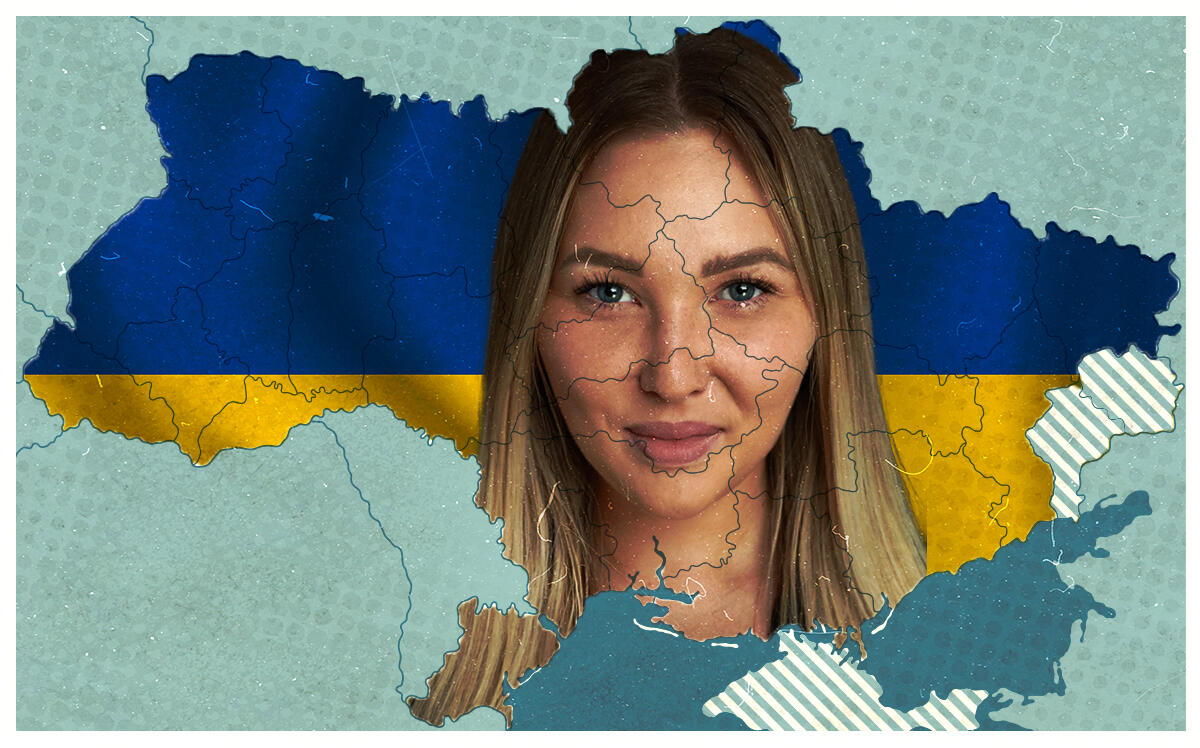Trending
“Incredibly powerless”: RelatedISG Miami agent fears for Ukrainian family’s safety, hopes they will reunite in the US
Anastasia Voropaieva’s family is in Odessa

UPDATED: MARCH 8, 10:37 a.m.: RelatedISG agent Anastasia Krasun Voropaieva is gripped with fear for her Ukrainian family’s safety, as the country suffers under a deadly invasion waged by President Vladimir Putin’s forces.
Yet Voropaieva’s worry is tempered by the power of hope — a belief instilled by her parents.
Most of the time when she is not working for RelatedISG, Voropaieva, who lives and works in Miami, is researching ways for her family to leave Ukraine, hoping they will one day be reunited with her in the U.S.
“I feel incredibly responsible for such research, whether it’s [calling] other Ukraininans in the U.S. and we are just discussing ways for our families to apply to all kinds of refugee programs,” said the 21-year-old. “I am calling all kinds of people all over the world who can get me information.”
Although Poland, Romania, Moldova and other European countries have welcomed refugees, they have been mostly women and children. Ukraine has banned men from 18 to 60 from leaving, as President Volodymyr Zelenskyy has ordered a full military mobilization.
That would mean Voropaieva’s mother and 11-year-old sister would have to separate from her father and 18-year-old brother, something the family won’t even consider. Instead, they have so far decided to stay together in their home in Odessa, a city on the Black Sea coast where Voropaieva grew up.
“There’s definitely a high risk of them not ever reuniting, or [waiting] a long time until they are allowed to reunite,” she said, referring to the possibility of leaving her father and brother behind. “And God knows in which country and how far my sister and mom would have gone, escaping without my brother and dad.”
It has left Voropaieva and her family to handle their new reality, day-to-day, since the invasion began on Feb. 24.
Her mother, an elementary school teacher, and father, a mechanic shop owner, are not working, and her siblings are not going to school. Grocery stores remain open and stocked but non-essential businesses are closed, said Voropaieva, relaying what her family told her during phone calls.
Her father and brother have not been called to fight, but are definitely on a list to potentially join the army, she said.
Her family hears – but so far does not see – explosions, shelling and discharging firearms. On a recent night, sirens warning of an air raid continued well into the early morning. And Russian and Ukrainian army ships are visible in the Black Sea, leaving them to suspect Russian soldiers could invade from the coast.
Voropaieva said she calls home regularly, although this has been hindered by spotty power in Ukraine as a result of the destruction to infrastructure. But she is gripped with a nagging thought: What if one day the phone just rings and rings?
“It’s very hard to manage not knowing if the next time I try calling them and have no answer means they are simply not able to come pick up the phone, or something happened, or if they are not home and at the shelter, or even if they are alive at this point,” Voropaieva said. “I feel helpless and incredibly powerless.”
She is not alone. Florida is home to 48,347 Ukraine-born residents, according to the U.S. Census Bureau Data. Miami-Dade County has 3,807; Broward County, 5,393; and Palm Beach County, 5,215.
The total number across the U.S. is about 355,000. And many remain worried about their families, either staying or fleeing Ukraine.
Chicagoan Svitlana Creadon, a Compass broker, is trying to get her mother and sister to the U.S., after they fled to Romania in a harrowing three-day journey by car. Creadon’s father is 61, or over the age required for men to stay in the country. But he chose to stay in Ukraine, where he will be stationed in overnight shifts at a checkpoint near his town of Kosiv.
For Voropaieva, who first came to the U.S. in a high school exchange program for a year and returned for college, her family and their safety is always on her mind.
“I’m doing my best, and we are looking to see if there is a light at the end of the tunnel.”




